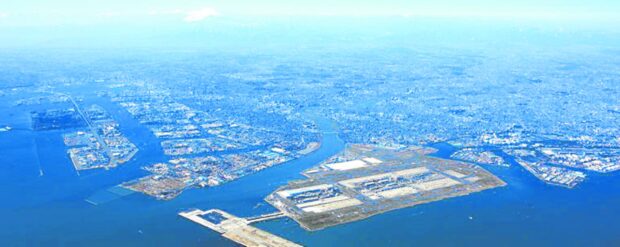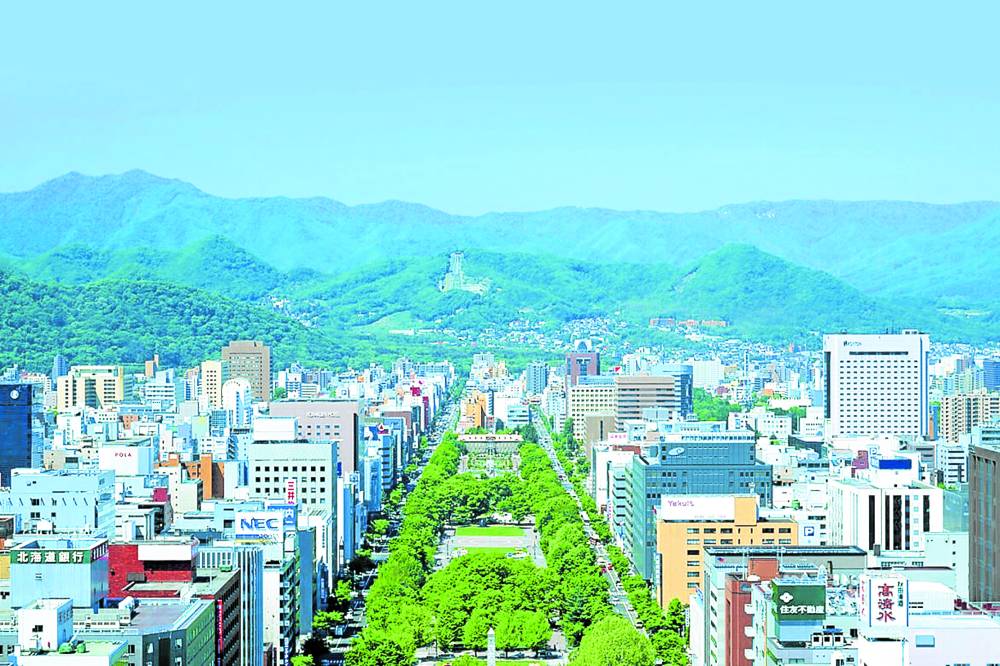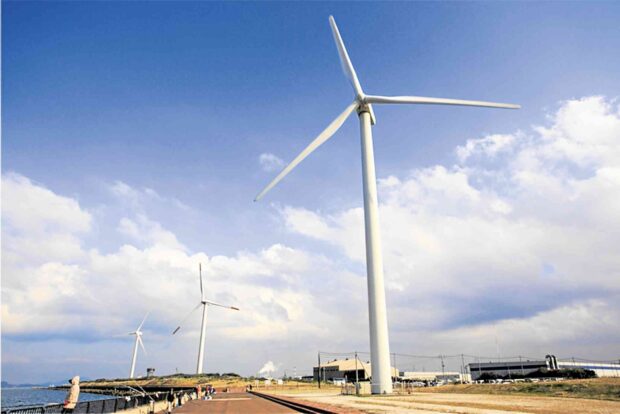A showcase of Japan’s smart, sustainable cities
Japan has long been committed to creating environment-friendly cities and promoting smart, sustainable lifestyles in its communities.
More than two decades ago, the Japanese government has already been selecting and promoting “eco-model cities” or places with practices and systems focused on environmental goals. By 2010, the terms “smart city” and “smart community” appeared. Japan’s Ministry of Land, Infrastructure, Transport and Tourism defined a smart city as “a sustainable city or district that manages various issues with the city using new technologies to achieve overall optimization.”
Kawasaki City
The Kawasaki Eco-Town in Kawasaki City, located in the prefecture of Kanagawa, is one of the first and leading eco-towns in Japan.
In the Kawasaki Zero-Emission Industrial Complex, companies make mutual use of their waste products and secondary products from their business activities. Companies were encouraged to adopt resource-recycling in their production activities as much as possible, while industrial waste and bi-products are effectively reused as raw materials. To minimize environmental burden, it recycles waterproof and thermal paper which are said to be difficult to recycle; reuses water within the industrial complex; and makes effective use of resources and energy.
The resource recovery and circulatory reuse efforts were not limited to the industrial complex but also in facilities throughout the eco-town. According to the Public Relations Office of the government of Japan, around 1,000 observers from Japan and abroad visit the Kawasaki Eco-Town each year. The city also holds the annual Kawasaki International Eco-Tech Fair in order to spread the word of the eco-town’s achievements.
Sapporo City
Sapporo City in Hokkaido is one of the leading sustainable cities in Japan.
Article continues after this advertisementSince the city made its Eco-Capital Declaration in 2008, Sapporo has made progress in becoming an environment-friendly city. It was even designated by the government of Japan as one of United Nations’ Sustainable Development Goals (SDG) Future City for its active measures to combat climate change. Sapporo is also a member of Fair Trade Towns, and was the first city in Japan to obtain the LEED (Leadership in Energy and Environmental Design) for Cities and Communities Platinum certification in 2020. This platinum certification in the areas of energy and water is the highest score in the world and Sapporo achieved it for its low greenhouse gas emissions and low per capita domestic wastewater use.
Article continues after this advertisementSapporo is Japan’s fifth largest metropolis and according to the Global Destination Sustainability Movement, the city managed to stay 60 percent covered by greenery. Different environment-friendly elements can be found all around Sapporo, including a subway that boasts of noise-reducing rubber tires and the “Porocle,” a bicycle sharing system popular in the city. Also, one of the landmarks of Sapporo is the Moerenuma Park which was built on a waste landfill.
Sapporo is covered in snow for around 130 days a year and one of the city’s innovations is its snow-cooling system, which takes advantage of natural resources to save energy. A unique venue in the city is the Glass Pyramid which uses snow for its airconditioning, a unique feature that has also been adopted by the New Chitose Airport.
Kitakyushu City
After experiencing massive environmental degradation in the 1950s and 1960s, the city of Kitakyushu in the north part of Kyushu has implemented urban policies for land use, transport, buildings, waste, energy, water and industries that would contribute to its economic growth while also reducing pressure on the environment.
The Kitakyushu Eco-Town was the first eco-town that was approved by the Japanese government in 1997. Kitakyushu aims to be “Asia’s International Resource-Recycling and Environmental Industry Base City” and at the forefront of this goal were the Kitakyushu Eco-Town Center and the Hibiki Recycling Complex.
To spread its green initiatives, Kitakyushu has developed and promoted the Hibiki Recycling Area to local small and medium enterprises in the city. Automobile recycling facilities and recycling companies of cooking oil, organic solvent, used papers and cans can be located in the area.
Various environment-friendly initiatives were further introduced, such as the Environmental Museum of Water, which allows visitors to observe conditions under the water surface. A commercial facility was later constructed featuring an airconditioning system that utilizes water from the river.
A multiple core facility was meanwhile constructed to treat residues discharged from the eco-town and other areas, and provide heat generated from it to the eco-town. Wind power generation was also made operational in the Hibikinada area in 2003.
Another key initiative of the city was to convert its largely coal-based energy supply to oil and natural gas. Such environmental approaches introduced by Kitakyushu received high praises and the city was selected as a SDG Future City and a Green Asia International Strategic Comprehensive Zone in 2011. Kitakyushu was also the only Asian city to be selected as one of four Green Growth Cities by the Organization for Economic Cooperation and Development (OECD) Green Cities Program alongside Paris, Chicago and Stockholm.
Sources: Journal of Urban Management, gov-online.go.jp, wedocs.unep.org, gds.earth, apec.org, oecd-ilibrary.org, hokkaido-treasure.com


